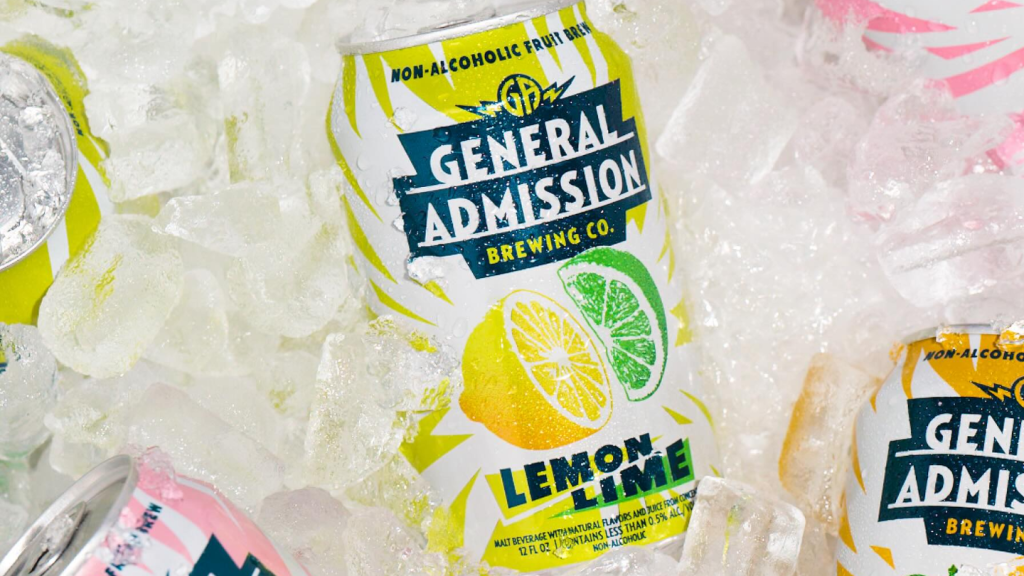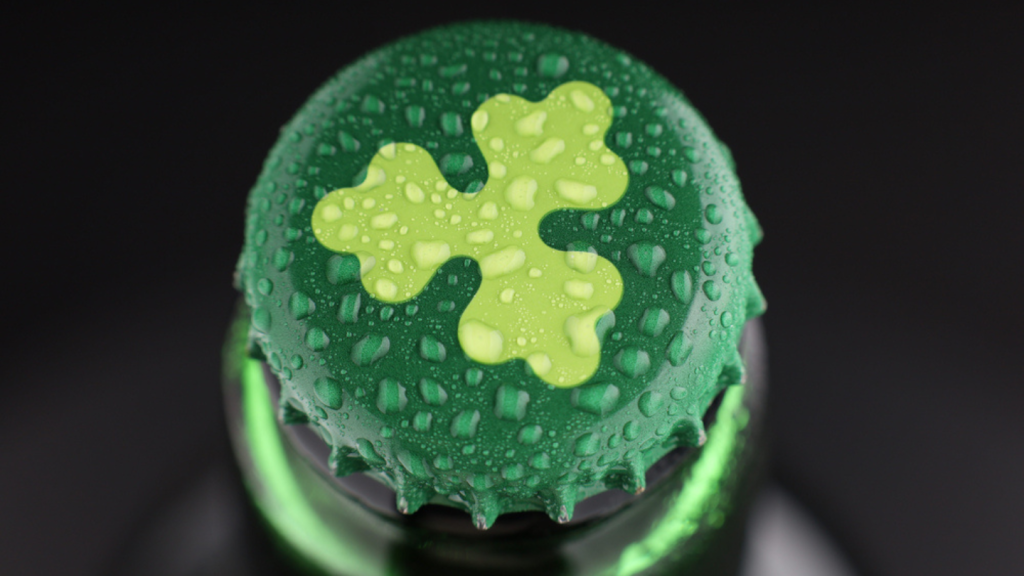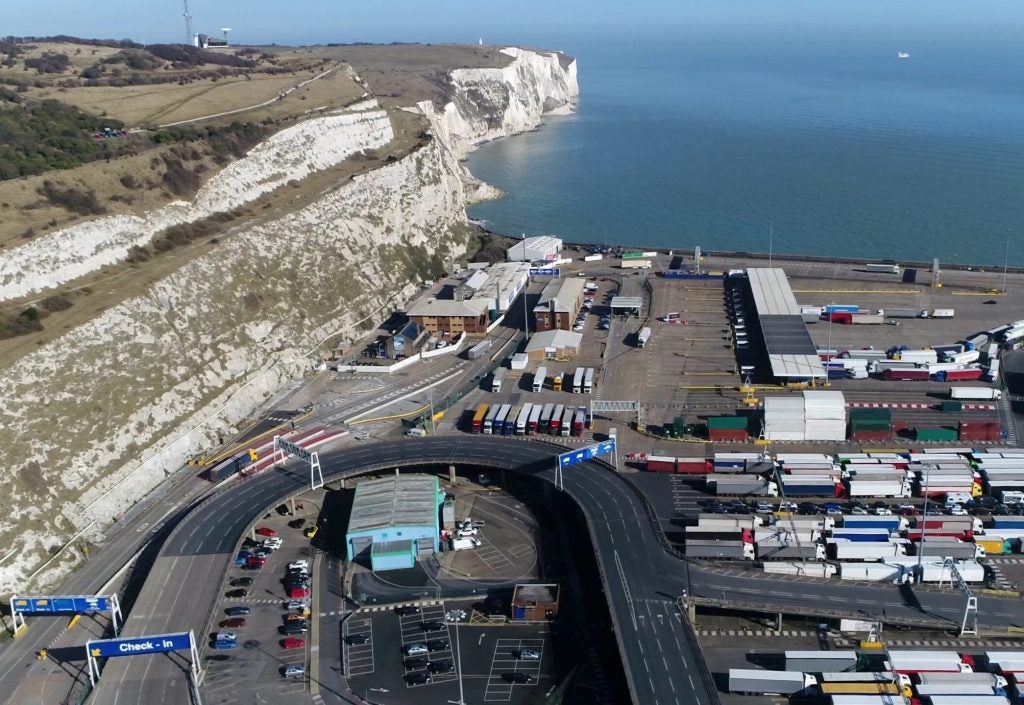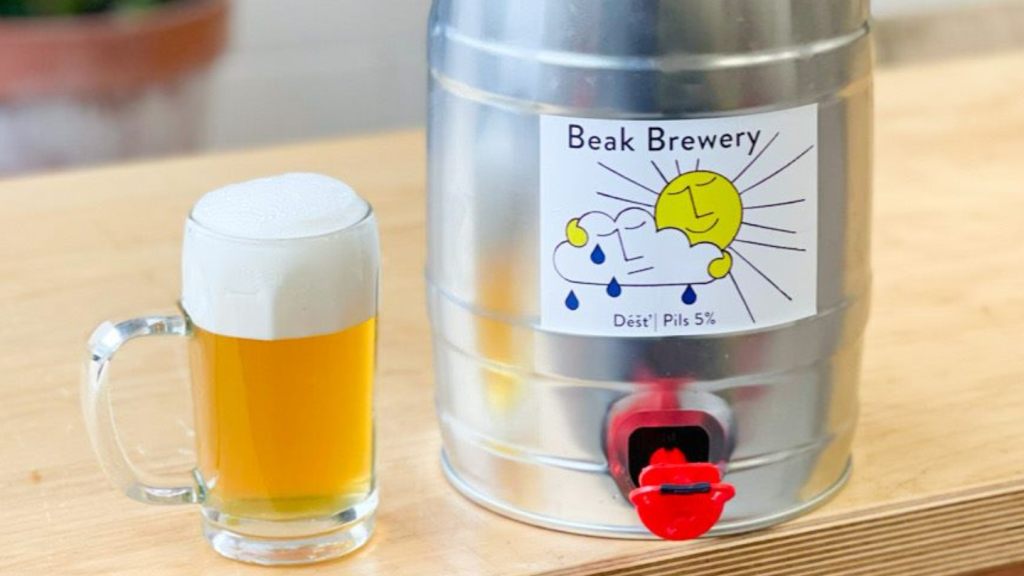The UK’s Wine & Spirit Association has responded to the government’s Strategy Unit’s interim report on alcohol harm reduction, by rejecting any suggestion that there should be a ban on alcohol advertising.
The Association said that it asserts that a ban on drinks advertising will have no effect, citing the French experience which shows no reduction in consumption. It also mentions that the wine market is growing with little help from advertising whilst the beer and spirits markets, which advertise heavily, are both in decline.
The WSA also warned that high tax rather than being a deterrent to misuse, actually helps to fuel the problem via cheap smuggled alcohol getting into the hands of underage drinkers.
WSA chairman Quentin Rappoport said: “The industry recognises that there is a significant problem of alcohol misuse in this country. A joined-up approach is required from Government, industry and the professions to bring about a change of culture, but we firmly believe that this is achievable in the long term. We would like to see the UK reflecting Italy, where low tax, moderate consumption and the light touch of legislation ensure a healthy drinking environment and a healthy industry.”
On Friday the junior health minister Lord Warner said: “The role of alcohol advertising in harm and consumption was highlighted by a number of respondents to the joint health department/strategy unit consultation. That issue will be carefully examined as part of the work on developing the strategy by the (Downing Street) strategy unit.”
How well do you really know your competitors?
Access the most comprehensive Company Profiles on the market, powered by GlobalData. Save hours of research. Gain competitive edge.

Thank you!
Your download email will arrive shortly
Not ready to buy yet? Download a free sample
We are confident about the unique quality of our Company Profiles. However, we want you to make the most beneficial decision for your business, so we offer a free sample that you can download by submitting the below form
By GlobalDataThe Wine and Spirit Association (WSA) has responded to the interim report by setting out its own plan of action for how the drinks industry can work with government to change the country’s drinking culture, in an attempt to move alcohol misusers away from binge drinking towards a more “Mediterranean style of drinking in moderation”.
The Association said it had widely consulted its 200 members and made a series of recommendations to Government, which together form a programme of education, enforcement and communication.
These include the introduction of a national identity card scheme to stamp out under age sales. Actively promoting the sensible drinking message (as has been done with the drink driving message). Tightening up the application of the ITC advertising code. Encouraging voluntary unit labelling on drinks. Encouraging voluntary sensible drinking messages on alcohol advertising. Conducting research into influences upon drinking behaviour and use the findings to inform education and communication programmes
With the Licensing Act and other new pieces of legislation coming on-stream from 2004, the Association said it also felt that enforcement of existing regulations is also part of the answer.
Rappoport said: “The majority of drinkers do so sensibly and with no harm to others. However, there is a significant minority – particularly among the young – who tend to drink solely to get drunk. This is a real problem which we must deal with.
“All parts of the industry must sell alcohol responsibly. However, the on- and off-trades are very different, particularly in terms of promotions. Whereas drinks in a pub are bought for immediate consumption, in the off-trade they are usually not. Therefore, we see no reason for off-sales to be governed by the same constraints as on-sales, but fully support any measures which ensure responsible selling.”







